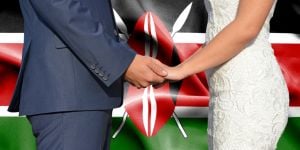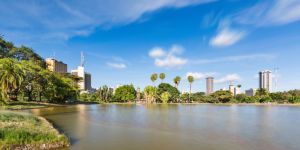Language barriers in Kenya
Subscribe to the topic
Post new topic
Articles to help you in your expat project in Kenya
 Marriage in Kenya
Marriage in KenyaIf you are planning a marriage in Kenya, the Registrar of Marriages in Nairobi is the best starting point for ...
 Requirements for Foreigners to Live and Work in Kenya
Requirements for Foreigners to Live and Work in KenyaREQUIREMENTS FOR FOREIGNERS TO OWN A BUSINESS IN KENYA
 Leisure activities in Kenya
Leisure activities in KenyaNew expats to Nairobi will find plenty of things to see and do, from museums, national parks, sporting events, and ...
 Moving with your pet to Kenya
Moving with your pet to KenyaPets are considered an important part of the family, and many expats wish to bring their cat or dog with them when ...
 kenya (yetu)
kenya (yetu)Kenya is a beautify country, and you should travel light, carry as little cash as possible.
 Registering company branch in kenya
Registering company branch in kenyaTo be able to register a company branch in Kenya, you will need the following:
 Nairobi Expat Social (NES)
Nairobi Expat Social (NES)Nairobi Expat Social (NES) was set up on 1 Feb 2010 to provide expats living in Kenya with a social network for ...
 Banking in Kenya
Banking in KenyaNew expats in Kenya will wish to open a bank account, necessary for receiving wages from your employer and for ...



